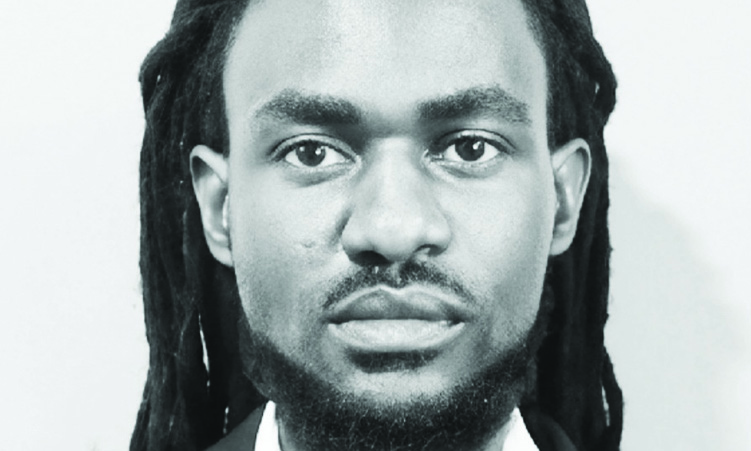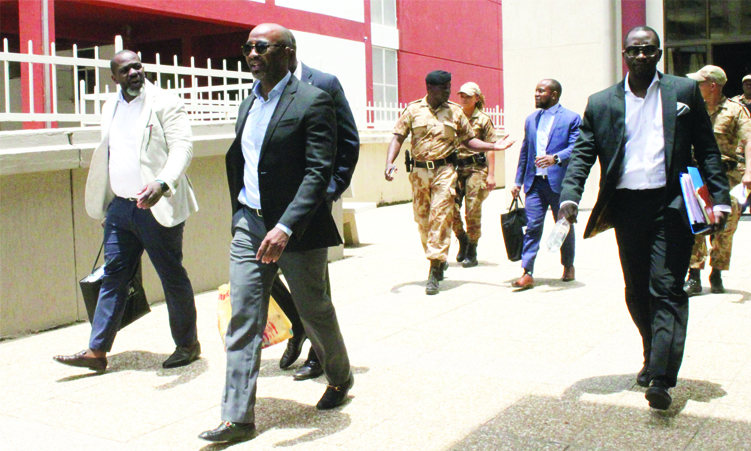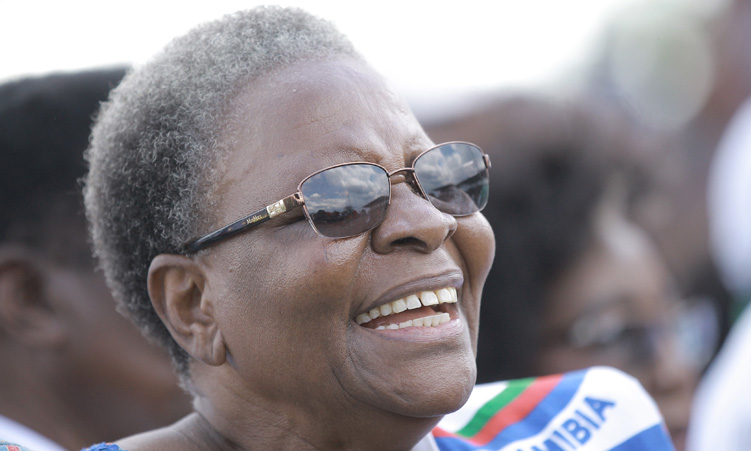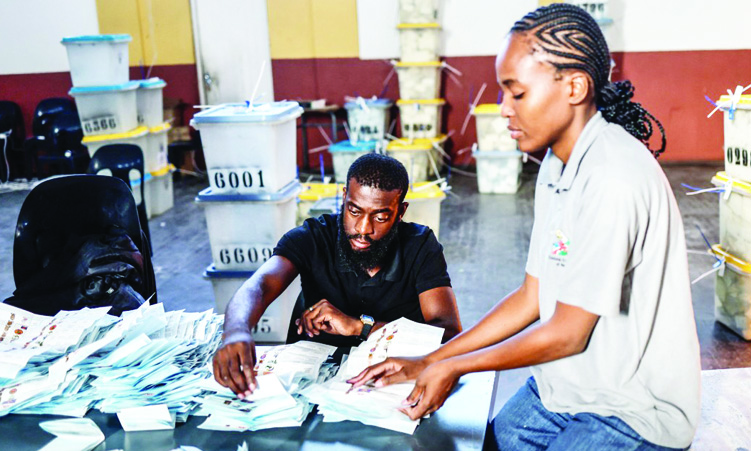Namibia’s democracy, once a model of post-independence unity, is beginning to show its age.
As election results trickle in, it appears that Swapo’s dominance (a political reality since 1990) is under threat.
Preliminary results so far indicate a relatively close parliamentary contest.
In a 2020 judgement, the Supreme Court aptly observed that elections are not perfect instruments for upholding democracy’s promises, yet they remain necessary for delegating the public’s inherent power to its representatives.
These imperfections should inspire us to pursue reforms that better deliver on the democratic promise.
GROWING DIVERSITY
The current electoral system, though legally sound, is poorly equipped to manage Namibia’s growing political diversity.
With dozens of parties contesting elections, the presidential race has become overwhelmingly crowded.
This year, at least three new parties joined the fray, continuing a trend that shows no signs of slowing.
In a system where the winner must secure a majority, this proliferation of parties creates a paradox: The more options there are, the less likely it is for any single party to reach the threshold.
Instead of fostering a vibrant multiparty democracy, it entrenches the dominance of a single party by default.
This system enriches debate and ensures that the National Assembly reflects a broad spectrum of voices.
But for the presidency, it dilutes the electorate’s voice, creating a vacuum where a dominant party like Swapo can prevail simply because the opposition is too fragmented to mount a unified challenge.
LET’S CHANGE THE DYNAMICS
What Namibia needs is a mandatory two-round presidential election system.
Currently, a second round only occurs if no candidate achieves a majority in the first round.
This reactive approach misses a crucial opportunity to reshape how Namibians engage with their political choices.
A mandatory two-round system would change the game entirely, forcing the electorate to first select two parties and their candidates for the final presidential race.
This would serve as a national filter, compelling every party to prove its relevance and ability to command broad, nationwide support.
Smaller parties, which often face resource constraints, would have a chance to showcase their platforms and test their resonance with voters.
By the second round, the focus would narrow to two candidates, each vying for the endorsement of a true majority.
Such a system has several advantages.
First, it levels the playing field. By reducing the number of parties competing for the presidency early, it mitigates the practical constraints smaller parties face.
Second, it encourages political accountability.
A mandatory two-round system ensures that parties cannot simply rely on nostalgia or historic goodwill to secure votes; they must earn the trust of the electorate with clear, actionable policies.
Third, it fosters genuine competition.
Even if a dominant party like Swapo remains a major contender, the system creates an opening for new challengers to emerge and grow.
VETTING THE CANDIDATES
Namibia can adopt a hybrid model, blending practices such as candidate vetting in the US primaries and South Africa’s legislative diversity for tailored reform.
Critics may argue that a mandatory two-round system risks entrenching dominant parties by simply narrowing the field.
But even this risk is preferable to the status quo, where the presidency can be won with less than half the country’s support.
Under the proposed system, the electorate retains the power to repudiate any party that fails to deliver.
A two-round process ensures that whoever occupies State House does so with the backing of a genuine majority, strengthening public confidence in the presidency as an institution.
It would ensure that the winner commands a decisive, undisputed mandate.
Namibia’s Constitution was designed to safeguard democracy, but democracies must evolve.
Article 28(2) ensures that no president is elected without a majority, but it does not guarantee that this majority reflects the will of a fully engaged and informed electorate.
KEY QUESTIONS
This is not just a logistical question but a moral one.
Democracy is not merely the act of voting; it is the art of ensuring that every vote counts, that every voice has a chance to shape the future.
A fragmented opposition and a dominant ruling party create an illusion of choice.
True democracy demands systems that amplify, rather than dilute, the power of the people.
- • Sam-Leon Nakantimba is an LLB (Honours) graduate and a candidate legal practitioner.
Stay informed with The Namibian – your source for credible journalism. Get in-depth reporting and opinions for
only N$85 a month. Invest in journalism, invest in democracy –
Subscribe Now!






